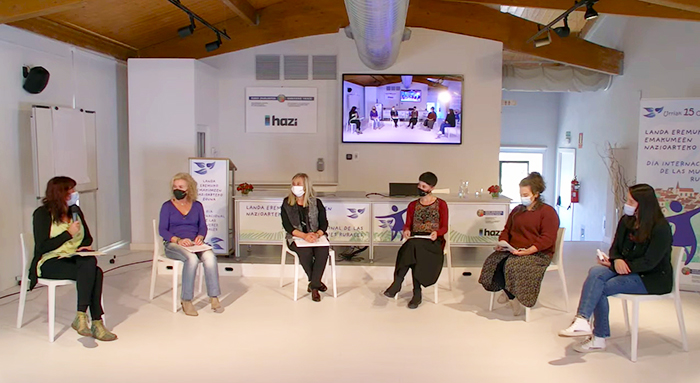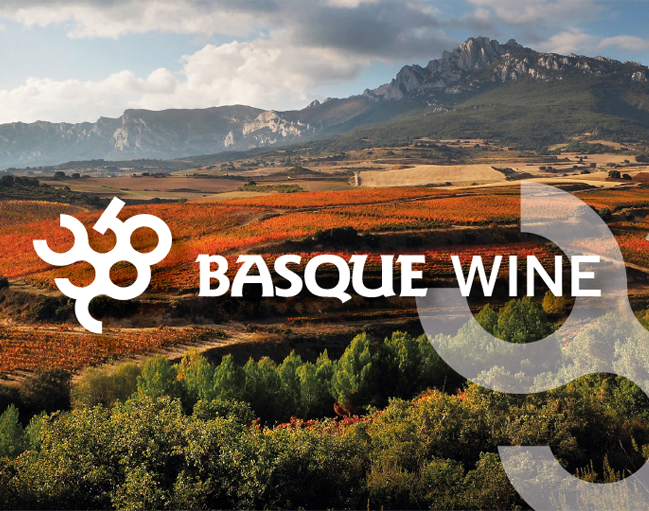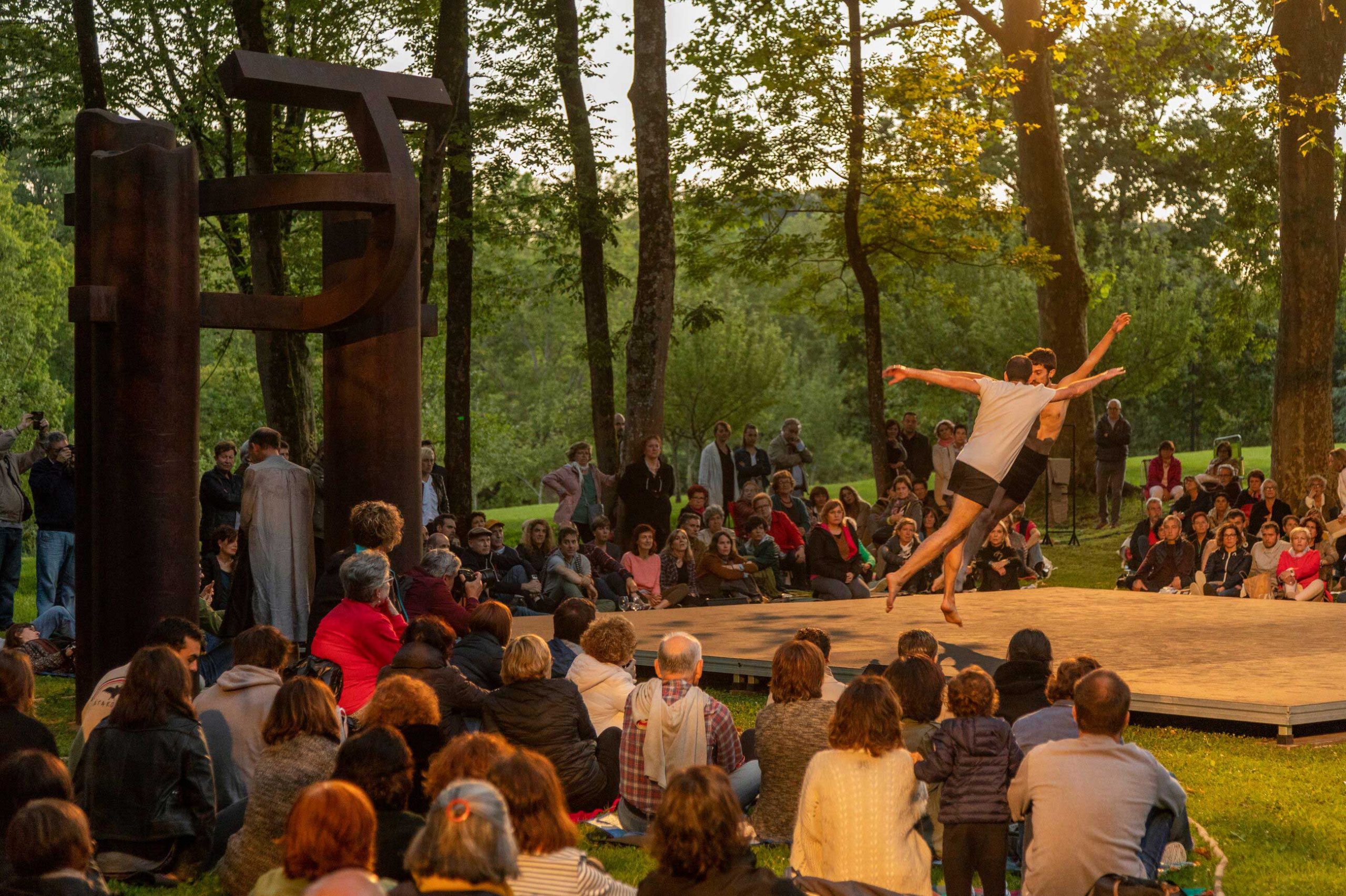Once again this year, the Basque Government has celebrated the International Day of Rural Women by this morning holding an event that, under the motto “The Representation of Rural Women in Public Life” attempted to analyse the role of women in decision-making bodies and in the various positions that make up public and social life and called for an improvement. The event was introduced by Jone Fernández, Director for Rural and Coastal Development and European Policies, who also chaired the final discussion. She reminded those attending that the goal of the event was to “progress in recognising the crucial role of women in socio-economic development, food safety and eradicating rural poverty.
The Department of Economic Development, Sustainability and the Environment has been working with HAZI to hold this event for almost twenty years now, in an attempt to highlight the work of rural women and make progress in promoting equality between women and men in the rural environment.
Presentations
The event included three talks given by leading female experts. The first to speak was Esther Escudero, a member of Errotik Kooperatiba Feminista, who talked about “The representation of women in public life”, outlining the current situation in different public spheres by analysing the key statistical data and reports, highlighting the main obstacles to balanced participation being real and effective.
Leire Milikua was next to speak and chose to talk about “Rural women, women in agriculture: importance and representation”, analysing the specific features of the rural environment and the socio-cultural context of each geographical area. She also set out the current situation in the rural areas of the Basque Country. Leire Milikua has worked with the technical secretariat of the Statute for Women in Agriculture and currently has a grant from Emakunde to study the representation of women in the agricultural sector in the Basque Country as a whole. The final speaker was Pilar Legarra, who discussed the issue of “Women in local government”. Pilar stated that less than a third of Basque mayors are women and there are just four female mayors in the 10 largest towns, while there are no data available on councillors.
She believes that taking action on how working hours are arranged will help everyone involved in political work, both men and women, but given the prevailing disadvantage women face, it will be of more help for female politicians and will therefore help to level the playing field. The events ended with a symposium in which all three speakers shared stories and experiences with two women who directly face the issues of public representation in the rural environment, namely Nieves Quintana (president of ACOVI, the Association of Councillors from the Town of Vitoria) and Itsaso Agirre, member of ELE (Gipuzkoako Latxadunen Eljartea and GILE – breeders of Limousin beef cattle from Gipuzkoa).
Statute for Women in Agriculture
Today, 15 October 2021, marks six years since the unanimous approval by the Basque Parliament of the Statute for Women in Agriculture. This Statute is designed to protect the rights of women in agriculture and specifies the obligations of the government agencies to guarantee that these rights are respected. Therefore, it is a law that includes the necessary measures to achieve equal treatment and opportunities for women and men in the agricultural sector, as well as to include gender as a consideration in all areas of the sector.
It is essential to address the inequalities faced by women in public life if we are to achieve real and effective equality between women and men in the agricultural sector. Here, it is vital to tackle issues such as the joint ownership of farms, recognising the rights associated with this and raising awareness about the work of women on these farms. The Vice-Ministry for Agriculture, Fishing and Food Policy has promoted a study on joint ownership, in collaboration with HAZI. The study is part of the action plan that the Vice-Ministry for Agriculture, Fishing and Food Policy announced at the plenary session of the Committee for Monitoring the Statute for Women in Agriculture on 30 March 2021.



